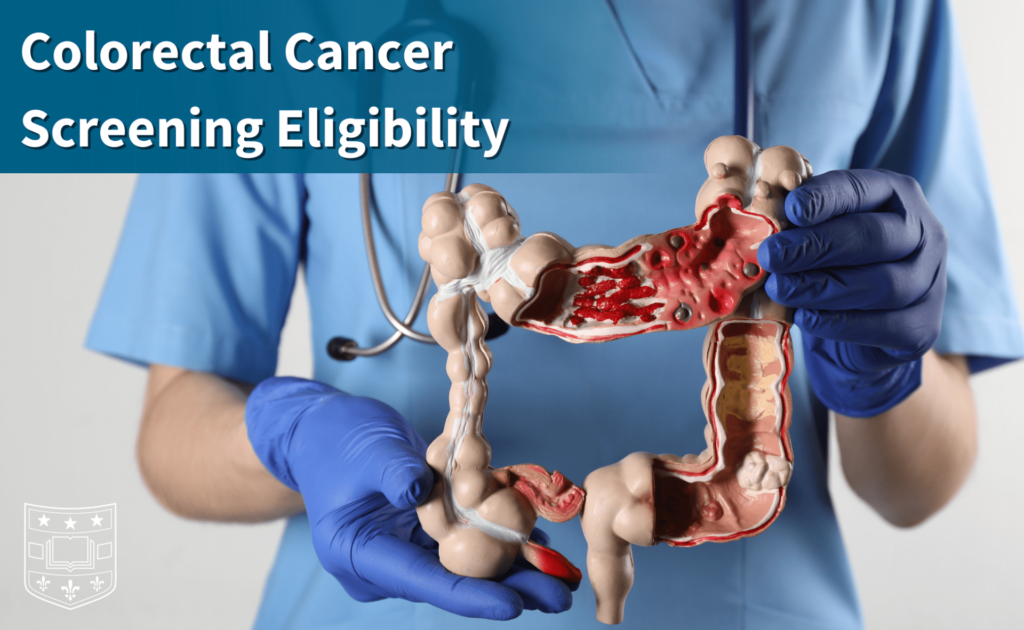Understanding Colorectal Cancer: A Comprehensive Guide

Colorectal cancer, also known as colon cancer or rectal cancer, is a type of cancer that originates in the colon or rectum, parts of the large intestine. This guide aims to provide an in-depth understanding of colorectal cancer, including its causes, symptoms, diagnosis, treatment options, and prevention strategies.
What is Colorectal Cancer?
Colorectal cancer develops when cells in the colon or rectum grow uncontrollably. The colon and rectum are parts of the digestive system, and colorectal cancer usually begins as small, benign clumps of cells called polyps. Over time, some of these polyps can become cancerous.
Causes and Risk Factors
While the exact cause of colorectal cancer is not fully understood, several risk factors have been identified:
1. Age
The risk of colorectal cancer increases with age. Most cases occur in people aged 50 and older.
2. Family History and Genetics
A family history of colorectal cancer or inherited genetic mutations, such as Lynch syndrome or familial adenomatous polyposis (FAP), can increase the risk.
3. Lifestyle Factors
Unhealthy dietary habits, physical inactivity, obesity, smoking, and excessive alcohol consumption are linked to a higher risk of colorectal cancer.
4. Medical Conditions
Conditions such as inflammatory bowel disease (IBD), including Crohn’s disease and ulcerative colitis, can increase the risk.
Symptoms
Colorectal cancer may not cause symptoms in the early stages. When symptoms do appear, they can include:
- Changes in bowel habits, such as diarrhea or constipation
- Blood in the stool
- Persistent abdominal discomfort, such as cramps, gas, or pain
- A feeling that the bowel doesn’t empty completely
- Weakness or fatigue
- Unexplained weight loss
Diagnosis
Diagnosing colorectal cancer typically involves a combination of tests and procedures:
1. Screening
Regular screening is crucial for early detection. Common screening methods include:
- Colonoscopy: A procedure that uses a long, flexible tube with a camera to examine the colon and rectum.
- Fecal Occult Blood Test (FOBT): A test that checks for hidden blood in the stool.
- Sigmoidoscopy: A procedure similar to a colonoscopy, but only examines the rectum and lower colon.
2. Imaging Tests
Imaging tests, such as CT scans and MRI, can help determine the extent of the cancer and whether it has spread to other parts of the body.
3. Biopsy
During a colonoscopy or sigmoidoscopy, a tissue sample Dengue Fever (biopsy) may be taken for laboratory analysis to confirm the presence of cancer cells.
Treatment Options
Treatment for colorectal cancer depends on the stage and location of the cancer, as well as the patient’s overall health. Common treatment options include:
1. Surgery
Surgery is often the primary treatment for colorectal cancer. The type of surgery depends on the cancer’s location and stage. Options include:
- Polypectomy: Removal of polyps during a colonoscopy.
- Partial Colectomy: Removal of the cancerous part of the colon and nearby lymph nodes.
- Colostomy: In some cases, a colostomy (an opening in the abdomen to allow waste to leave the body) may be necessary.
2. Radiation Therapy
Radiation therapy uses high-energy rays to kill cancer cells. It is often used in conjunction with surgery, especially for rectal cancer.
3. Chemotherapy
Chemotherapy uses drugs to kill cancer cells. It may be used before surgery to shrink tumors or after surgery to kill any remaining cancer cells.
4. Targeted Therapy
Targeted therapy drugs specifically target the cancer cells’ growth and survival mechanisms. They are often used in advanced stages of colorectal cancer.
5. Immunotherapy
Immunotherapy helps the immune system recognize and attack cancer cells. It is used for certain types of advanced colorectal cancer.
Prevention
While not all cases of colorectal cancer can be prevented, certain lifestyle changes and regular screenings can significantly reduce the risk:
1. Regular Screenings
Begin regular screenings at age 45, or earlier if you have a family history of colorectal cancer or other risk factors.
2. Healthy Diet
Consume a diet rich in fruits, vegetables, and whole grains, and limit red and processed meats.
3. Exercise
Engage in regular physical activity to maintain a healthy weight.
4. Avoid Smoking and Limit Alcohol
Avoid smoking and limit alcohol consumption to reduce cancer risk.
5. Manage Health Conditions
Properly manage chronic conditions such as diabetes and inflammatory bowel disease.
Conclusion
Colorectal cancer is a serious but often preventable and treatable disease when detected early. Understanding the risk factors, recognizing the symptoms, and adhering to recommended screening guidelines are crucial steps in reducing the risk and improving outcomes. By making informed lifestyle choices and seeking regular medical advice, individuals can take proactive steps toward maintaining colorectal health.







